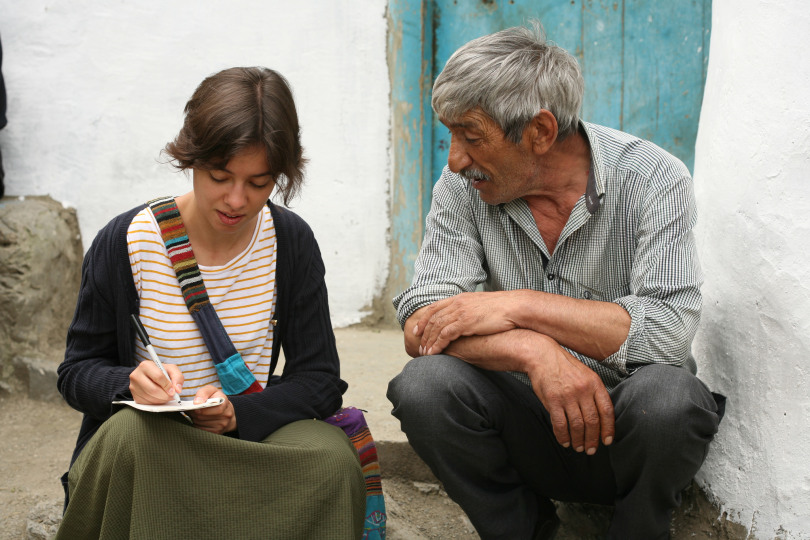
Tag "linguistics"

On March 19 and 22, Per Durst-Andersen, professor in the Department of Management, Society and Communication at Copenhagen Business School, gave three lectures at the Higher School of Economics on topics that fall under his current research interests, which focus largely on cognitive linguistics; communicative and linguistic typology; language, culture and identity; semiotics; and the philosophy of science. A well-known expert in cross-cultural pragmatics and specialist in business communication, Professor Durst-Andersen delivered the lectures as part of the ‘Language in the Universe of Culture: Russian Communicative Style’ course.
One of HSE’s newest faculty members is Francis Tyers, who will join the School of Linguistics on August 28 as an Assistant Professor. A native of Normanton on Soar, a small village in the south of Nottinghamshire in England, he joins HSE following a postdoctoral fellowship at UiT Norgga árktalaš universitehta in Tromsø in the north of Norway, where he worked on language technology for Russian and the Sámi languages. Prior to that, he completed PhD studies in the Department of Languages and Information Systems at the Universitat d'Alacant in Spain.
Tilmann Reuther, Professor at the University of Klagenfurt, and his colleague Joulia Köstenbaumer talk to the HSE News Service about their experience of cooperation with the School of Linguistics and internships in Austria.

